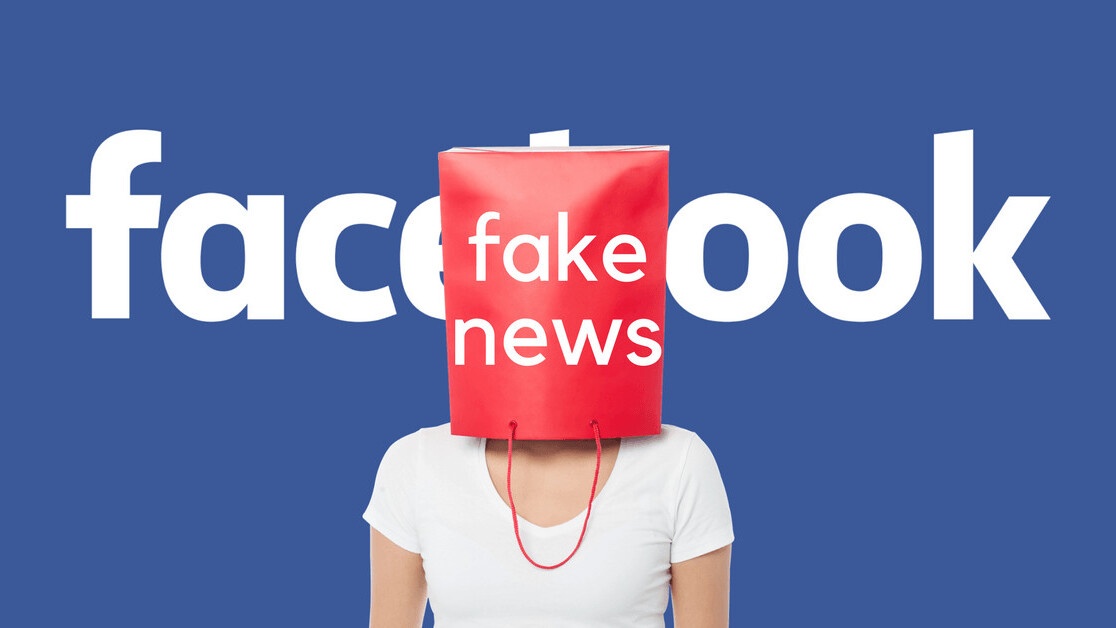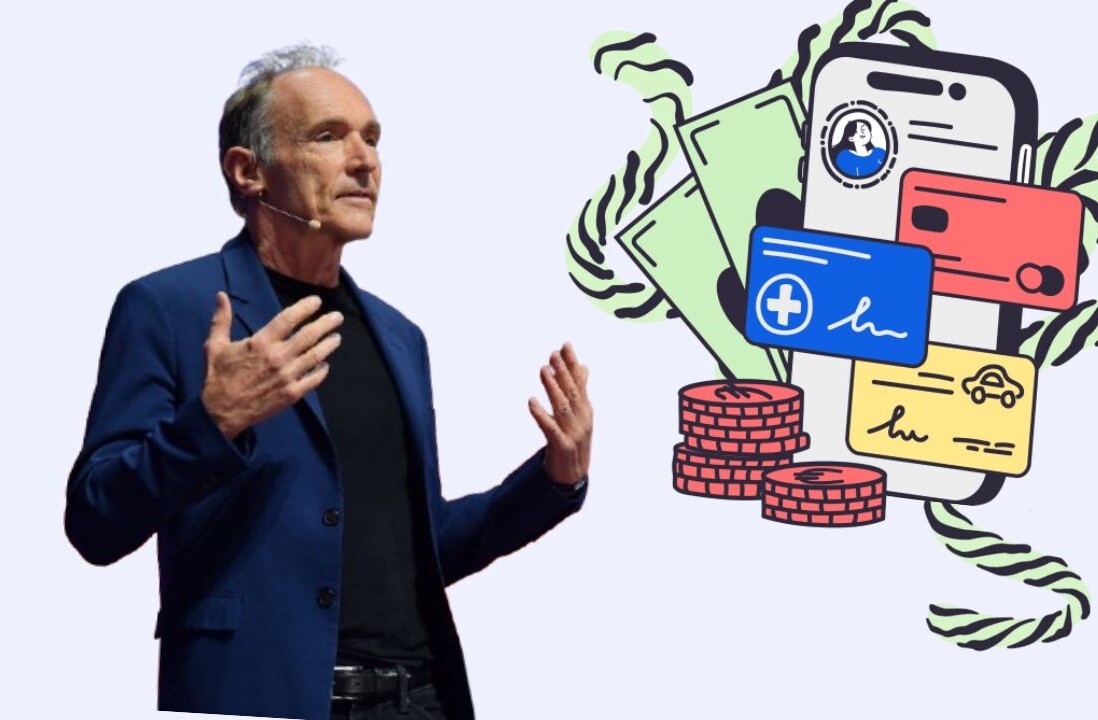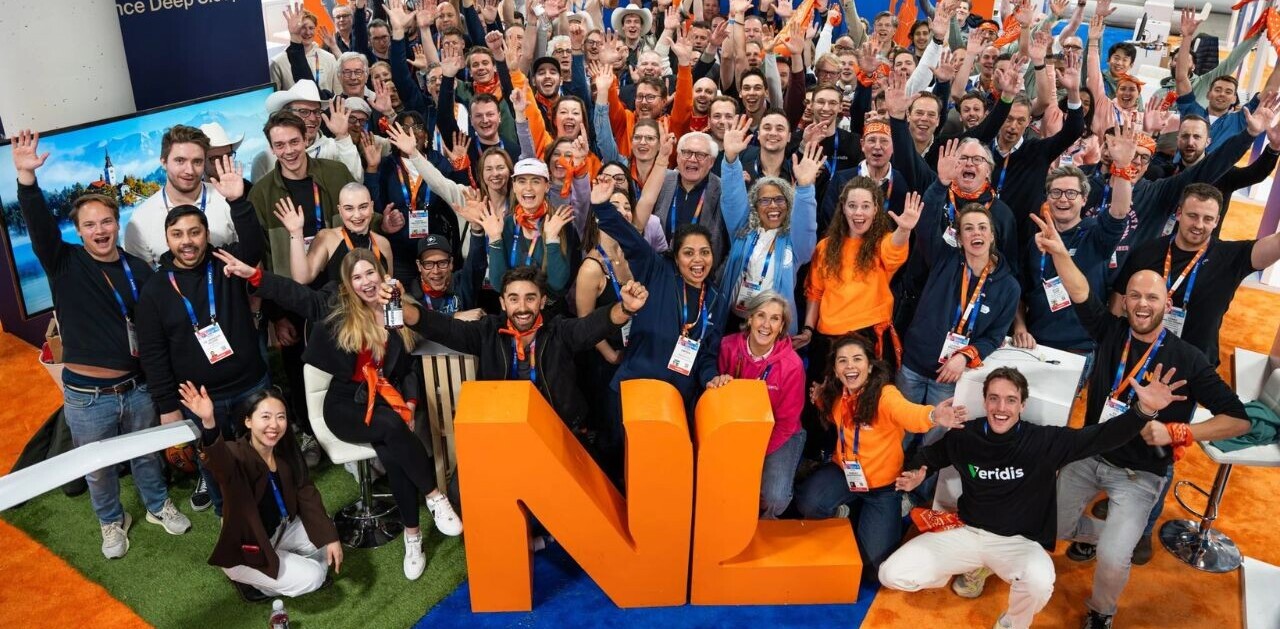
Facebook today revealed that, just in time for the American midterm elections, it’s uncovered a new spate of fake news pages guilty of “coordinated inauthentic behavior.”
In total, Facebook identified 8 pages, 17 profiles, and 7 Instagram accounts involved in this suspicious behavior. They had names like “Black Elevation” or “Resistors,” and other fairly innocuous things. In total, they ran about $11,000 worth of ads, made more than 9,500 posts, and reached an audience of 290,000 accounts.
Nathaniel Gleicher, the Head of Cybersecurity Policy, said Facebook couldn’t identify who was behind the campaign with certainty, but did compare the pattern of behavior with those of the infamous Russian “troll farm,” the Internet Research Agency (IRA). The perpetrators in this case took more trouble to cover their tracks, using VPNs and third-party companies to post the ads, so it’d be difficult to say with certainty who implemented the campaign.
Gleicher said the main reason the company was disclosing the information is because one of the pages was promoting a counter-protest to the “Unite the Right” anniversary event which garnered the interest of 2,600 users. Gleicher said the fake accounts managed to get real ones involved, which contributed to the interest in the event.
Alex Stamos, Facebook’s Chief Security Officer, was quick to say the site would act no matter who actually created the accounts:
The lack of firm attribution in this case or others does not suggest a lack of action. We have invested heavily in people and technology to detect inauthentic attempts to influence political discourse, and enforcing our policies doesn’t require us to confidently attribute the identity of those who violate them or their potential links to foreign actors.
It remains to be seen whether this campaign is comparable to the fake news assault that occurred before the 2016 election. It’s still good to hear Facebook is making an effort to remove that stuff before we had another potentially lethal Unite the Right event.
Get the TNW newsletter
Get the most important tech news in your inbox each week.




